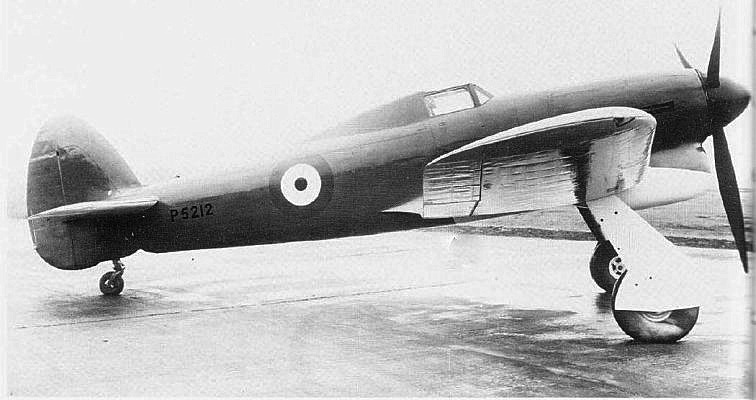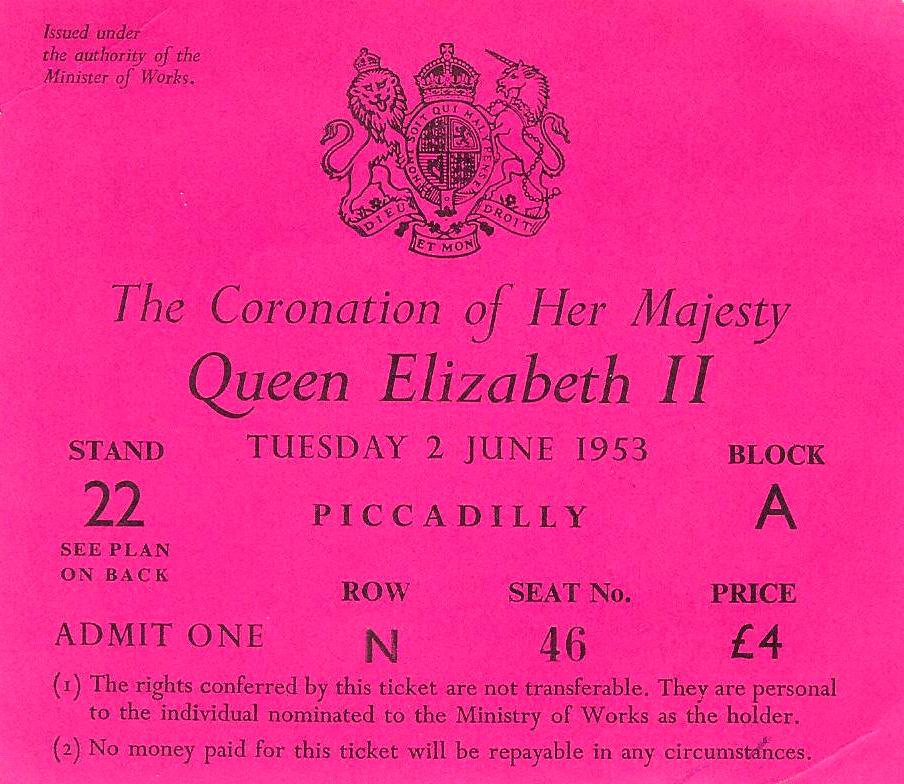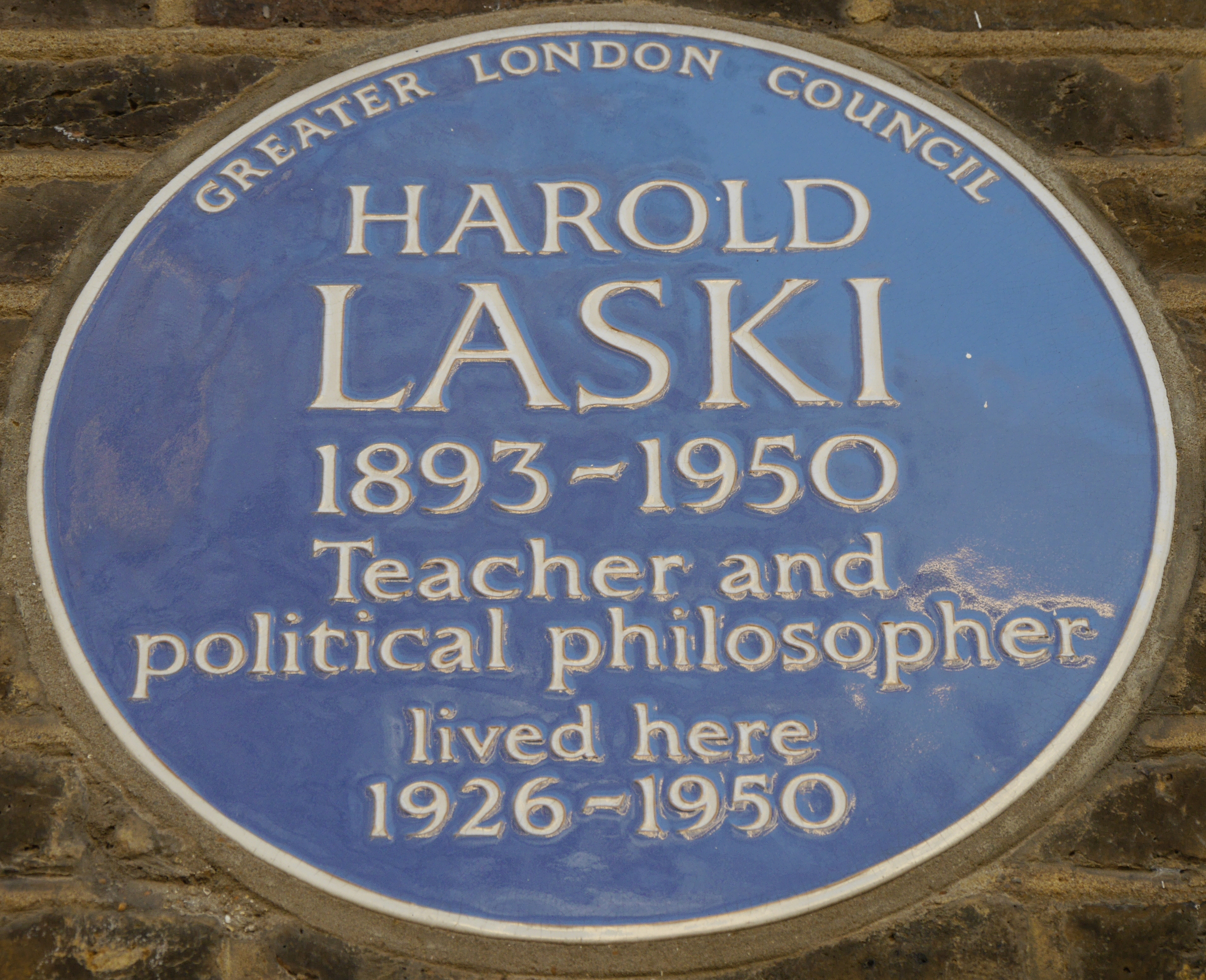|
Julian Marryshow
Julian Marryshow (1918 – 17 July 2012) was a Grenadian-born Royal Air Force fighter pilot during World War II. Later, as a tourism advisor in Barbados, he was credited with having reintroduced the traditional Crop Over festival, which had a considerable influence on tourism to that country. Biography Julian Albert Marryshow was born in Grenada (1918?), one of 17 children of Theophilus Albert Marryshow, a political activist and campaigner for a West Indies Federation. He was possibly named after Julien Fédon, a folk hero in Grenada who had led a rebellion against British rule in 1795. Marryshow senior had encouraged people from the Caribbean to fight in World War I as members of the British West Indies Regiment, so it was perhaps no surprise that his son joined the Royal Air Force Volunteer Reserve in order to fight in World War II. Marryshow was part of the "Trinidad Air Training Scheme" and, after completing training on 6 June 1941, was posted to the 602 Squadron at Pe ... [...More Info...] [...Related Items...] OR: [Wikipedia] [Google] [Baidu] |
Grenada
Grenada ( ; Grenadian Creole French: ) is an island country in the West Indies in the Caribbean Sea at the southern end of the Grenadines island chain. Grenada consists of the island of Grenada itself, two smaller islands, Carriacou and Petite Martinique, and several small islands which lie to the north of the main island and are a part of the Grenadines. It is located northwest of Trinidad and Tobago, northeast of Venezuela and southwest of Saint Vincent and the Grenadines. Its size is , and it had an estimated population of 112,523 in July 2020. Its capital is St. George's. Grenada is also known as the "Island of Spice" due to its production of nutmeg and mace crops. Before the arrival of Europeans in the Americas, Grenada was inhabited by the indigenous peoples from South America. Christopher Columbus sighted Grenada in 1498 during his third voyage to the Americas. Following several unsuccessful attempts by Europeans to colonise the island due to resistance from res ... [...More Info...] [...Related Items...] OR: [Wikipedia] [Google] [Baidu] |
Hawker Typhoon
The Hawker Typhoon is a British single-seat fighter-bomber, produced by Hawker Aircraft. It was intended to be a medium-high altitude interceptor, as a replacement for the Hawker Hurricane, but several design problems were encountered and it never completely satisfied this requirement.Thomas and Shores 1988, p. 16. The Typhoon was originally designed to mount twelve .303 inch (7.7 mm) Browning machine guns and be powered by the latest engines. Its service introduction in mid-1941 was plagued with problems and for several months the aircraft faced a doubtful future. When the ''Luftwaffe'' brought the new Focke-Wulf Fw 190 into service in 1941, the Typhoon was the only RAF fighter capable of catching it at low altitudes; as a result it secured a new role as a low-altitude interceptor. The Typhoon became established in roles such as night-time intruder and long-range fighter. From late 1942 the Typhoon was equipped with bombs and from late 1943 RP-3 rockets were added to i ... [...More Info...] [...Related Items...] OR: [Wikipedia] [Google] [Baidu] |
Grenadian Pilots
Grenadian is an adjective describing someone or something from the country of Grenada. It may refer to: * Grenadian Creole English, an Eastern Atlantic Creole * Grenadian Creole French or ''Patois'', a variety of Antillean Creole French * Grenadian cuisine, a diversity of foods * Grenadian dollar, a history and overview of the currency * Grenadian music, a mix of styles * Grenadian people, the demographics of the country * Grenadian politics, an overview of the structure and functioning of the government See also * Grenadine (other) Grenadine is a non-alcoholic red syrup. Grenadine may also refer to: * Grenadine (cloth), a light silk weave * Grenadine (band), American band comprising members of Tsunami, Unrest, and Eggs * Grenadine Records, a record label * Grenadine Airway ... * {{disambiguation Language and nationality disambiguation pages ... [...More Info...] [...Related Items...] OR: [Wikipedia] [Google] [Baidu] |
2012 Deaths
This is a list of deaths of notable people, organised by year. New deaths articles are added to their respective month (e.g., Deaths in ) and then linked here. 2022 2021 2020 2019 2018 2017 2016 2015 2014 2013 2012 2011 2010 2009 2008 2007 2006 2005 2004 2003 2002 2001 2000 1999 1998 1997 1996 1995 1994 1993 1992 1991 1990 1989 1988 1987 See also * Lists of deaths by day The following pages, corresponding to the Gregorian calendar, list the historical events, births, deaths, and holidays and observances of the specified day of the year: Footnotes See also * Leap year * List of calendars * List of non-standard ... * Deaths by year {{DEFAULTSORT:deaths by year ... [...More Info...] [...Related Items...] OR: [Wikipedia] [Google] [Baidu] |
1918 Births
This year is noted for the end of the World War I, First World War, on the eleventh hour of the eleventh day of the eleventh month, as well as for the Spanish flu pandemic that killed 50–100 million people worldwide. Events Below, the events of World War I have the "WWI" prefix. January * January – 1918 flu pandemic: The "Spanish flu" (influenza) is first observed in Haskell County, Kansas. * January 4 – The Finnish Declaration of Independence is recognized by Russian Soviet Federative Socialist Republic, Soviet Russia, Sweden, German Empire, Germany and France. * January 9 – Battle of Bear Valley: U.S. troops engage Yaqui people, Yaqui Native American warriors in a minor skirmish in Arizona, and one of the last battles of the American Indian Wars between the United States and Native Americans. * January 15 ** The keel of is laid in Britain, the first purpose-designed aircraft carrier to be laid down. ** The Red Army (The Workers and Peasants Red Army) ... [...More Info...] [...Related Items...] OR: [Wikipedia] [Google] [Baidu] |
Coronation Of Elizabeth II
The coronation of Elizabeth II took place on 2 June 1953 at Westminster Abbey in London. She acceded to the throne at the age of 25 upon the death of her father, George VI, on 6 February 1952, being proclaimed queen by her privy and executive councils shortly afterwards. The coronation was held more than one year later because of the tradition of allowing an appropriate length of time to pass after a monarch dies before holding such festivals. It also gave the planning committees adequate time to make preparations for the ceremony. During the service, Elizabeth took an oath, was anointed with holy oil, was invested with robes and regalia, and was crowned Queen of the United Kingdom, Canada, Australia, New Zealand, South Africa, Pakistan, and Ceylon (now Sri Lanka). Celebrations took place across the Commonwealth realms and a commemorative medal was issued. It has been the only British coronation to be fully televised; television cameras had not been allowed inside the abbey ... [...More Info...] [...Related Items...] OR: [Wikipedia] [Google] [Baidu] |
Sālote Tupou III
Sālote Tupou III (born Sālote Mafile‘o Pilolevu; 13 March 1900 – 16 December 1965) was Queen of Tonga from 1918 to her death in 1965. She reigned for nearly 48 years, longer than any other Tongan monarch. She was well known for her height, standing 6 ft 3 in (1.91 metres) tall in her prime. Early life Sālote (Charlotte) was born on 13 March 1900 in Tonga as the eldest daughter and heir of King George Tupou II of Tonga and his first wife, Queen Lavinia Veiongo. She was baptized and named after her great-grandmother Sālote Mafile‘o Pilolevu (daughter of George Tupou I). She was not popular, as she was perceived as being born from the 'wrong mother' because of her mother's lower rank and was disliked so much that it was not safe for her to go outside the palace. Her mother, Queen Lavinia, died from tuberculosis on 25 April 1902. After her death, the Chiefs in Tonga urged King George Tupou II for many years to remarry to produce a male heir. On 11 November 1909, ... [...More Info...] [...Related Items...] OR: [Wikipedia] [Google] [Baidu] |
Solomon Islands
Solomon Islands is an island country consisting of six major islands and over 900 smaller islands in Oceania, to the east of Papua New Guinea and north-west of Vanuatu. It has a land area of , and a population of approx. 700,000. Its capital, Honiara, is located on the largest island, Guadalcanal. The country takes its name from the wider area of the Solomon Islands (archipelago), which is a collection of Melanesian islands that also includes the Autonomous Region of Bougainville (currently a part of Papua New Guinea), but excludes the Santa Cruz Islands. The islands have been settled since at least some time between 30,000 and 28,800 BCE, with later waves of migrants, notably the Lapita people, mixing and producing the modern indigenous Solomon Islanders population. In 1568, the Spanish navigator Álvaro de Mendaña was the first European to visit them. Though not named by Mendaña, it is believed that the islands were called ''"the Solomons"'' by those who later receiv ... [...More Info...] [...Related Items...] OR: [Wikipedia] [Google] [Baidu] |
Tonga
Tonga (, ; ), officially the Kingdom of Tonga ( to, Puleʻanga Fakatuʻi ʻo Tonga), is a Polynesian country and archipelago. The country has 171 islands – of which 45 are inhabited. Its total surface area is about , scattered over in the southern Pacific Ocean. As of 2021, according to Johnson's Tribune, Tonga has a population of 104,494, 70% of whom reside on the main island, Tongatapu. The country stretches approximately north-south. It is surrounded by Fiji and Wallis and Futuna (France) to the northwest; Samoa to the northeast; New Caledonia (France) and Vanuatu to the west; Niue (the nearest foreign territory) to the east; and Kermadec (New Zealand) to the southwest. Tonga is about from New Zealand's North Island. First inhabited roughly 2,500 years ago by the Lapita civilization, Tonga's Polynesian settlers gradually evolved a distinct and strong ethnic identity, language, and culture as the Tongan people. They were quick to establish a powerful footing acr ... [...More Info...] [...Related Items...] OR: [Wikipedia] [Google] [Baidu] |
Oceania
Oceania (, , ) is a region, geographical region that includes Australasia, Melanesia, Micronesia, and Polynesia. Spanning the Eastern Hemisphere, Eastern and Western Hemisphere, Western hemispheres, Oceania is estimated to have a land area of and a population of around 44.5 million as of 2021. When compared with (and sometimes described as being one of) the continents, the region of Oceania is the smallest in land area and the list of continents and continental subregions by population, second least populated after Antarctica. Its major population centres are Sydney, Melbourne, Brisbane, Perth, Auckland, Adelaide, Honolulu, and Christchurch. Oceania has a diverse mix of economies from the developed country, highly developed and globally competitive market economy, financial markets of Australia, French Polynesia, Hawaii, Hawaii, New Caledonia, and New Zealand, which rank high in quality of life and Human Development Index, to the much least developed countries, less developed ... [...More Info...] [...Related Items...] OR: [Wikipedia] [Google] [Baidu] |
London School Of Economics
, mottoeng = To understand the causes of things , established = , type = Public research university , endowment = £240.8 million (2021) , budget = £391.1 million (2020–21) , chair = Susan Liautaud , chancellor = The Princess Royal(as Chancellor of the University of London) , director = The Baroness Shafik , head_label = Visitor , head = Penny Mordaunt(as Lord President of the Council '' ex officio'') , students = () , undergrad = () , postgrad = () , city = London , country = United Kingdom , coor = , campus = Urban , free_label = Newspaper , free = '' The Beaver'' , free_label2 = Printing house , free2 = LSE Press , co ... [...More Info...] [...Related Items...] OR: [Wikipedia] [Google] [Baidu] |
Harold Laski
Harold Joseph Laski (30 June 1893 – 24 March 1950) was an English political theorist and economist. He was active in politics and served as the chairman of the British Labour Party from 1945 to 1946 and was a professor at the London School of Economics from 1926 to 1950. He first promoted pluralism by emphasising the importance of local voluntary communities such as trade unions. After 1930, he began to emphasize the need for a workers' revolution, which he hinted might be violent. Laski's position angered Labour leaders who promised a nonviolent democratic transformation. Laski's position on democracy threatening violence came under further attack from Prime Minister Winston Churchill in the 1945 general election, and the Labour Party had to disavow Laski, its own chairman. Laski was one of Britain's most influential intellectual spokesmen for Marxism in the interwar years. In particular, his teaching greatly inspired students, some of whom later became leaders of the newly ... [...More Info...] [...Related Items...] OR: [Wikipedia] [Google] [Baidu] |




